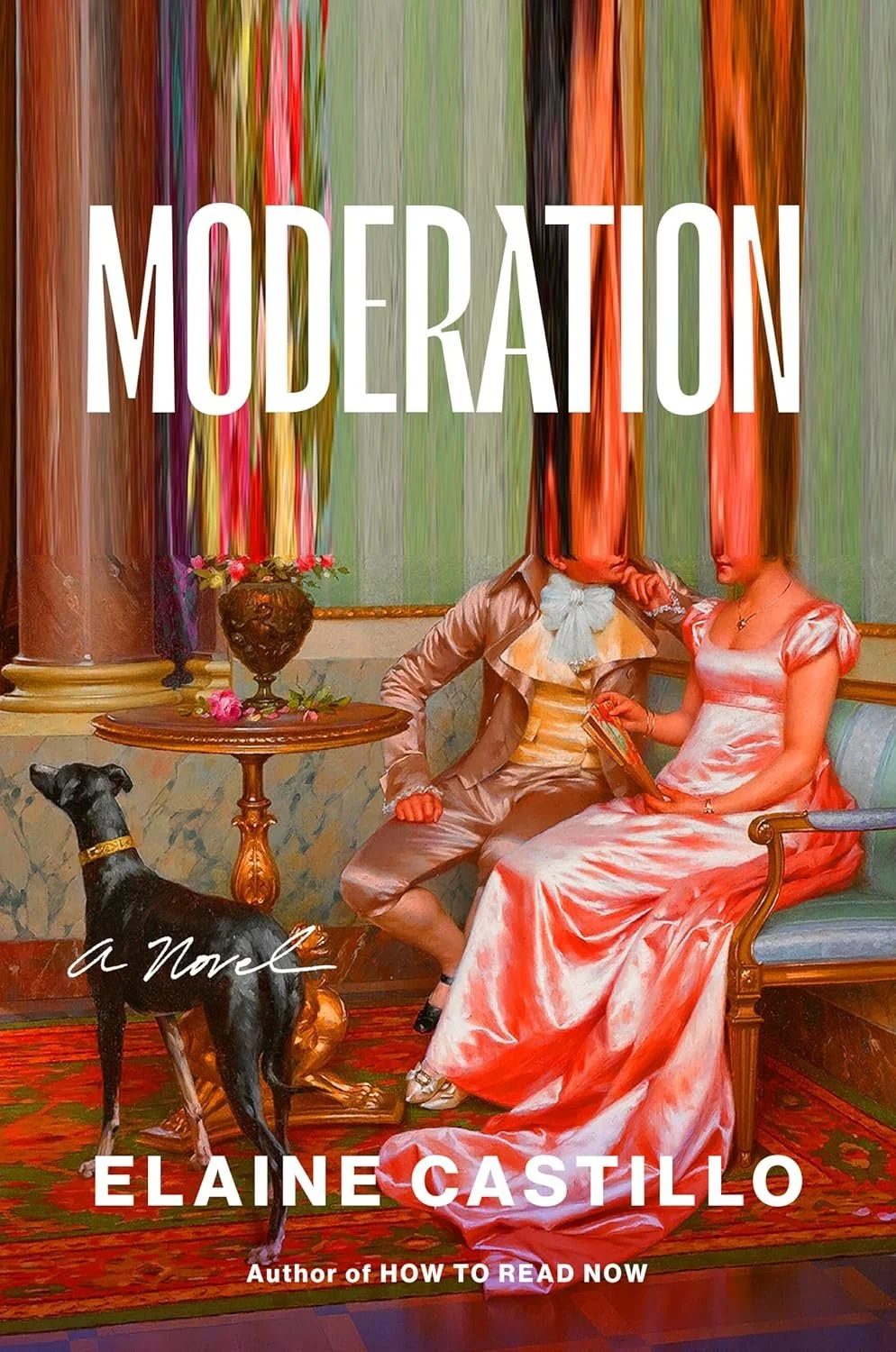Julia, Sandra Newman
‘In a truly daring and thought-provoking piece of literature, Newman instils a deep level of emotion and empathy into the world of Oceania, exploring the many layers of identity that have been damaged as a result of oppressive dictatorship.’
Like many fellow readers, I discovered Orwell’s 1984 in my late teens and, after those first few pages of living within the fictional world of Oceania, I immediately became swept up in the cryptic and totalitarian society that Orwell so effortlessly and intricately developed. So, when it was announced that a new feminist retelling had been approved by the Orwell estate, I was equally as ecstatic as I was nervous.
Julia reimagines the story of 1984 from the perspective of the protagonist Winston’s lover. It remarks upon the familiar mundane occurrences that exist within the Big Brother regime with newfound light, while also exploring some of the unanswered questions many readers of the classic were left hanging onto when they closed those final pages. To have another piece in the puzzle allowing us to peer into this wildly disruptive society has comforted me in ways I didn’t realise I needed, especially given that it explores emotions and impacts that only affect the lives of women, which could never have been addressed by Winston as a sole protagonist.
Julia is a formidable protagonist, and very much stands on her own throughout the duration of Newman’s retelling. A member of the Junior Anti-Sex League, and a poster child of the regime, no one could suspect the secretly promiscuous and rebellious nature that lies within. It soon becomes clear why she chose to extend a love note to Winston and engage in an illustrious affair when intimacy was strictly forbidden amongst Comrades.
In a truly daring and thought-provoking piece of literature, Newman instils a deep level of emotion and empathy into the world of Oceania, exploring the many layers of identity that have been damaged as a result of oppressive dictatorship.
Editorial Picks




